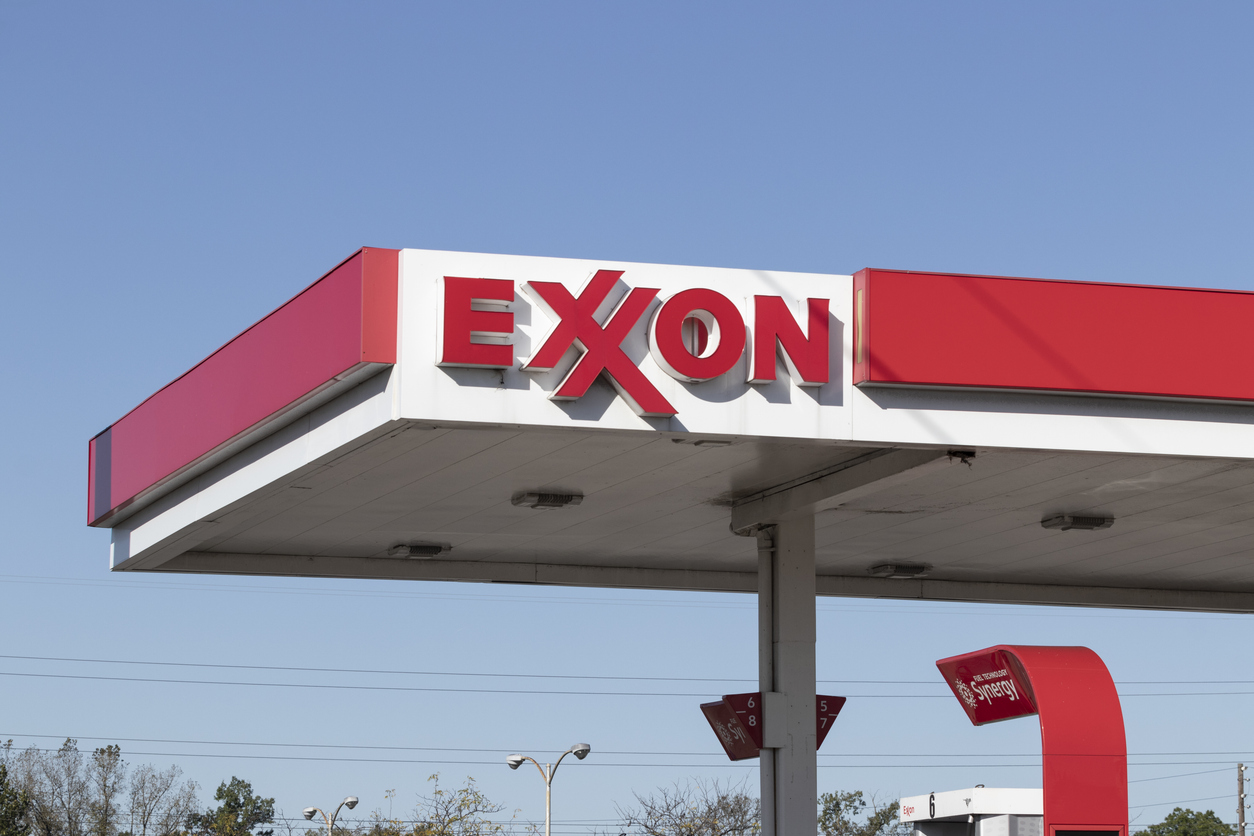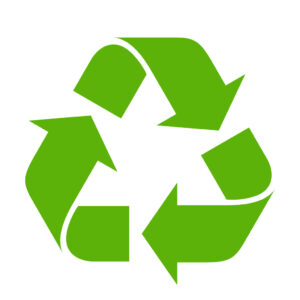California sues Exxon Mobil alleging recycling deception, OpenAI execs announce resignation amid restructure
Plus, U.S. consumer confidence hits a low.

Greetings, comms pros! Let’s take a look at a few news stories from the past week and see what we can learn from them.
- OpenAI execs quit amid for-profit restructure announcement
ChatGPT maker OpenAI announced plans to restructure its business to become a for-profit benefit corporation and remove control from its non-profit board this Thursday. CEO Sam Altman will receive equity for the first time.
The OpenAI non-profit will continue to exist and own a minority stake in the for-profit company, the sources said. The move could also have implications for how the company manages AI risks in a new governance structure.
“We remain focused on building AI that benefits everyone, and we’re working with our board to ensure that we’re best positioned to succeed in our mission. The non-profit is core to our mission and will continue to exist,” an OpenAI spokesperson said.
On Wednesday, OpenAI CTO Mira Murati, Chief Research Officer Bob McGrew and Vice President of Research Barret Zoph announced their plans to resign. Murati announced her resignation in a memo to employees, reported The New York Times, that she later shared on X:
I shared the following note with the OpenAI team today. pic.twitter.com/nsZ4khI06P
— Mira Murati (@miramurati) September 25, 2024
While her stated reasons for stepping away are vague, Murati’s focus on collaboration and “our quest to improve human well-being” are a notable divergence from OpenAI’s stated reasons for restructuring to become more attractive to investors.
Two weeks ago, Altman left OpenAI’s safety board, which was created this past May to oversee critical safety decisions around its products and operations. Last month, Altman joined the Washington lobbying group Business Software Alliance, reported Semafor. The global group pushes a focus on “responsible AI” for enterprise business, a buzzword evangelized in owned media white papers across the world.
These developments give context to Reuter’s question of what the governance structure for the company will look like, and leaves the question open of how OpenAI will position it as a means to mitigate risk.
As the maker of the most popular GenAI tool in the world, OpenAI has an untapped opportunity to be a thought leader in communicating best practices for AI governance, guidelines and safety.
Communicators, take note: crafting sound guidelines and governance in partnership with internal stakeholders empowers you to go to market with the confidence of knowing your products and practices are collaborative, aligned across the business and effectively communicated to protect reputation. That makes the comms function, and the whole business, stronger.
2 . U.S. consumer confidence hits its lowest point in 3 years
Consumer confidence hit its lowest point in three years during September, according to The Conference Board’s consumer confidence index, sliding to 98.7 down from 105.6 for the biggest one-month decline since August 2021.
“Consumers’ assessments of current business conditions turned negative while views of the current labor market situation softened further. Consumers were also more pessimistic about future labor market conditions and less positive about future business conditions and future income,” said Dana Peterson, chief economist at The Conference Board.
Respondents’ concerns focused mostly on jobs and inflation. Those saying jobs are plentiful continued to decline, falling to 30.9% from 32.7% in August, while the jobs “hard to get” measure rose to 18.3%, up from 16.8%. On inflation, the 12-month outlook rose to 5.2%, with concerns over price increases topping the list of economic concerns.
“The proportion of consumers anticipating a recession over the next 12 months remained low but there was a slight uptick in the percentage of consumers believing the economy was already in recession,” Peterson said.
The index, which measures how consumers feel about their future consumption and spending, illuminates the parallel between 2024’s record numbers of layoffs and consumer spending that should remind communicators of their power to rethink the positioning of their organization’s employer brand in an uncertain market.
“For instance, if your company exists in an industry that’s particularly hard hit, its job posts should place outsized emphasis on upskilling, while its career pages should spotlight employees who have worked at the company for many years,” writes Ragan Editor Sean Devlin.
This approach will demonstrate an understanding of the “employees are your most important customers” maxim, while crafting a correlation model between layoffs, attrition and profits can reveal parallels that you can share with leadership to ask for more headcount and upskilling resources.
- Exxon Mobil responds to California lawsuit alleging deceptive recycling messaging
California Attorney General Rob Bonta sued Exxon Mobil on Monday, alleging the oil and gas corporation of deceiving consumers about recycling practices and promoting a falsehood that single-use plastics would be easily recycled.
The New York Times reports that Bonta estimated unspecified damages of “multiple billions of dollars”
Environmental groups Sierra Club, Surfrider Foundation, Heal the Bay and San Francisco Baykeeper also sued Exxon Mobil on Monday over alleged violations of unfair competition and state nuisance laws.
According to the New York Times:
In an interview, Mr. Bonta said plastic pollution was “fueled by the myth of recycling, and the leader among them in perpetuating that myth is Exxon Mobil.”
Exxon Mobil responded sharply, saying California officials knew for decades that their recycling system was ineffective. “They failed to act, and now they seek to blame others,” the company said in a statement. “Instead of suing us, they could have worked with us to fix the problem and keep plastic out of landfills.”
Both suits alleged that Exxon Mobil promoted the widely used “chasing arrows” symbol on plastic products, which led buyers to believe that their bottles and other products would be recycled if disposed of properly. But only about 5 percent of plastic waste in the United States is recycled, according to Mr. Bonta’s office, citing an estimate by the advocacy group Beyond Plastics, which looked at 2021 data.
Exxon Mobil’s deflection is to be expected given the ongoing litigation — normal best practices of executive culpability and acknowledgment of concerns won’t strengthen your case.
But this suit is a high-profile reminder PR and floofy messaging around environmental, social and governance efforts (ESG) can’t come before the actual baseline, benchmarks and measurable specifics in impact reporting. This is an example of when getting the words right is more than just a bad look, but a billion-dollar lawsuit.

The mention of the iconic “chasing arrows” recycling symbol in both lawsuits also warns about how the meaning of icons and slogans can be distorted over time to suit advertorial or promotional purposes.
Remember your power to protect your reputation here, too: vetting brand assets and imagery to ensure they aren’t putting forth false claims or promises will minimize the likelihood of external audiences misconstruing your meaning, or weaponizing your efforts against you down the road.
Justin Joffe is the editorial director and editor-in-chief at Ragan Communications. Follow him on LinkedIn.







